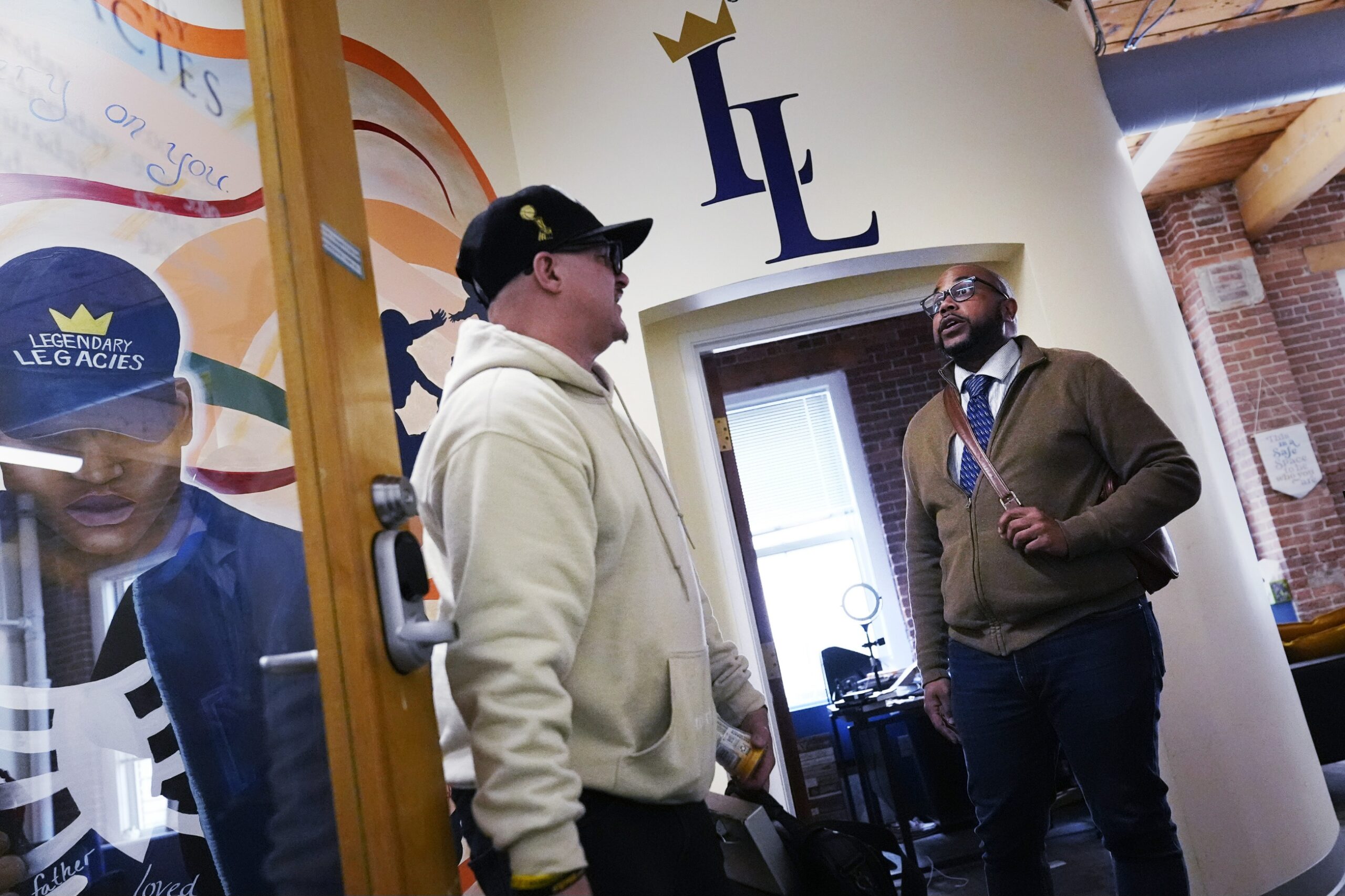Best practices and tips
NEW YORK (AP) – More workplaces are bolstering their volunteer programs, especially as employee demands grow for socially responsible employers and engagement. Nearly three in five companies surveyed by the Association of Corporate Citizenship Professionals reported increased opportunities for group volunteering last year.
With National Volunteer Week in the rearview mirror, coworkers buoyed by recent acts of kindness might be looking for ways to integrate service more regularly into their professional schedules. They stand to benefit themselves, too. Recent University of Oxford research suggests organised volunteering is one of the most effective workplace programs for improving workers’ well-being.
But not all corporate volunteering is created equal. The following advice from experts and nonprofit leaders provides some best practices for anyone interested in building or strengthening an officewide culture of service.

Employees in charge
Dr Eddy Hogg, a University of Kent lecturer who studies volunteering, recommends giving agency to employees in the design of their workplace volunteer program. People who volunteer on their own time likely have a much more personal connection to the cause, he said, whereas an employee group will have varied levels of interest in any given act of service.
Allowing employees to select from a range of local community groups, and suggest their own, can help ensure everyone feels connected to their nonprofit partner’s mission. Affinity groups can be a good place to start aligning employee interests with service work.
Still, buy-in from the entire corporate ladder is necessary.
“It’s one thing for a guy in head office to think it’s a good idea,” Hogg said. “But if people’s line managers think it’s a load of rubbish, it’s not going to happen. Even if the staff are actually really keen to do it.”
Make it meaningful
Hogg also recommends breaking away from the short-term, light-touch days of service frequently featured in company press releases. Otherwise, Hogg says, you’re essentially just participating in a company retreat. Deep connections between employees and the community won’t form if they only interact once or twice a year.
“You might as well just put everyone on a bus and take them up to the Catskills, right?” he said.
Bosses and nonprofit leaders to communicate how the chosen activity will benefit the community. That means fostering direct interactions with the people being served, said Jessica Rodell, which can help ensure employees return for future volunteering.
“The more meaningful the activity, the better,” said Rodell, a University of Georgia management professor.
Don’t do it alone
Cold-calling charitable organisations can be daunting. Luckily, there are third-party organisations ready to partner with companies looking for skills-based volunteering opportunities with nonprofits in need of extra help.
Common Impact leverages the increased power of corporations in society by connecting their employees with community groups. CEO Leila Saad describes it as the corporate version of legal pro bono work.
The nonprofit has partnered with dozens of Fortune 500 companies. Common Impact connected Allstate employees with a Wisconsin domestic violence prevention group to improve staff parental and bereavement leave polices, for example. It also brought Blue Cross Blue Shield employees together with a Worcester, Massachusetts gang rehabilitation program that needed help collecting data to measure its success in grant applications.
Employees working at smaller companies could consider partnering with their local Big Brothers Big Sisters of America club. Mentors help high school students plan for post-graduation life by helping fill out college aid forms or choose majors under its “Big Futures” prprogramme.
The necessary commitment levels come and go, according to Chief Development Officer Deborah Barge. Volunteers might only show up once to a career fair, for example. Others may work with mentees for about six or more hours across several days.

Be flexible
Lower the barrier to entry by creating a variety of programs where newcomers can wet their feet and seasoned volunteers can go all-in. In a corporate world where employees are increasingly working hybrid schedules and spread out geographically, that means providing some remote service opportunities.
The beauty brand Shiseido Americas ships volunteer kits out to its employees scattered across its New York headquarters, New Jersey manufacturing facilities, Ohio warehouse and regional offices around the country. Keep America Beautiful, an environmental nonprofit that works to end littering and expand recycling, has cleanup kits used by Shiseido employees to beautify local parks. The company also sends kits with materials so employees can make blankets or decorate bags for foster children.
A robust employee engagement program should celebrate the “wholeness” of who they are,” said Melissa MacDonnell, head of the Liberty Mutual Foundation.
The insurance company often starts by inviting organisations that have already been the recipient of donations through its employee match program, MacDonnell said, and also solicits suggestions from employees.
In addition to monthslong, skills-based opportunities, MacDonnell said Liberty Mutual also offers curated service projects that employees can sign up to join during the first three weeks in May.
“If you’re forcing it, it doesn’t feel authentic,” said Julia Haase, the chief operating officer for Liberty Mutual Investments. “If you give people the platform and the choice — the where and when and how they want to engage — I think they will feel empowered to pursue those areas that are really meaningful to them”. – JAMES POLLARD





